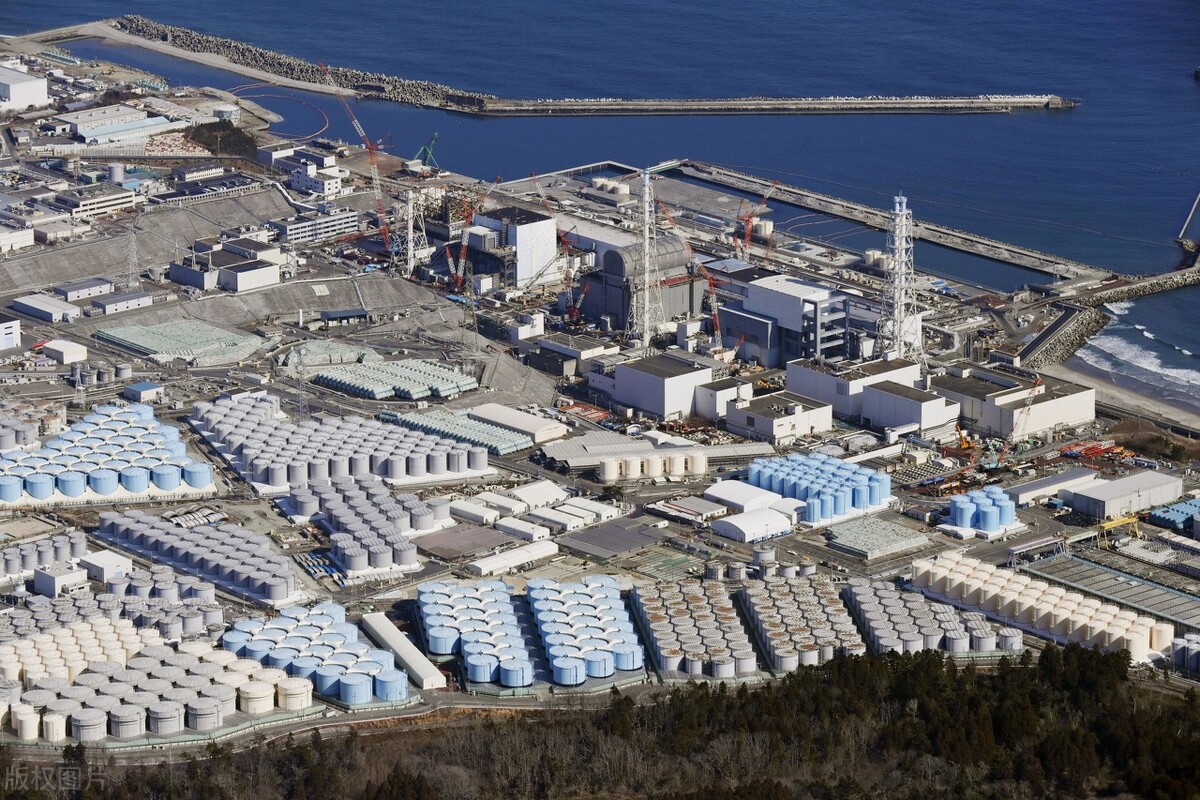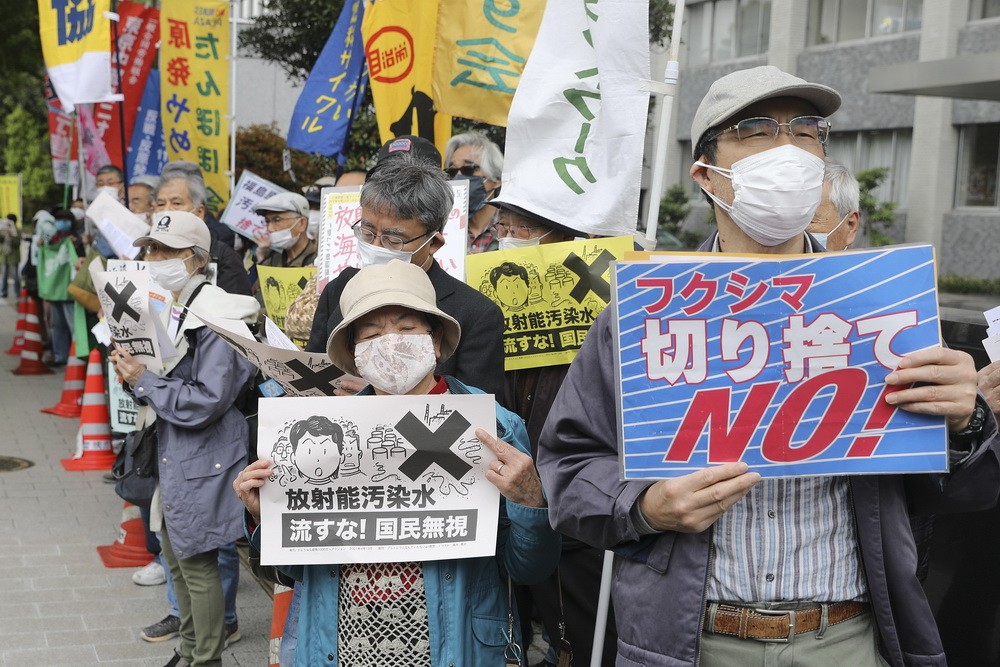On August 24, Japan started releasing treated radioactive water from the wrecked Fukushima nuclear power plant into the Pacific Ocean , which is expected to have a greater impact on the cosmetics industry from raw materials to brands.

The impact of Japan’s discharge of nuclear wastewater on the global cosmetics industry may be reflected in many aspects, as follows:
1. Trade impact: Since Japan is one of the largest exporters of cosmetics in the world, the discharge of its nuclear wastewater may affect other countries' demand and trust in Japanese cosmetics. This may have a negative impact on Japanese cosmetics exports and reduce their competitiveness in the international market.
2. The quality of Japanese cosmetics has declined: nuclear wastewater contains radioactive substances, which may pass through the food chain and food web step by step, and eventually affect the ingredients in cosmetics. If radioactive substances are contained in cosmetics, it may lead to a decline in the quality of the product and affect the health of consumers.
3. The market is affected: For some countries that rely on nuclear power generation, such as Japan, the discharge of nuclear wastewater may cause market concerns, resulting in a decline in consumer trust in the nuclear power industry and the cosmetics industry. This may have a certain impact on the exports of the Japanese cosmetics industry. The nuclear wastewater discharge may raise consumer concerns about Japanese cosmetics, which they believe contain harmful substances. This may have a negative impact on consumers' purchase of Japanese cosmetics and reduce their confidence in Japanese cosmetics.
4. Changes in consumer demand: As the issue of nuclear wastewater discharge gradually becomes the focus of global attention, consumers may begin to re-examine their needs and preferences for cosmetics. Some consumers may be more inclined to buy cosmetics that are environmentally friendly, natural, and free of radioactive effects, which may have a certain impact on the global cosmetics industry.
5. Industry transformation and upgrading: Faced with the pressure brought by nuclear wastewater discharge, the cosmetics industry may begin to seek transformation and upgrading to reduce dependence on radioactive substances, or to find other alternative energy sources.
6. Environmental issues: The discharge of nuclear wastewater may have a negative impact on the marine environment, causing cosmetics purchased by other countries to contain pollutants. This may affect consumers' trust in cosmetics and willingness to purchase, and may cause damage to the reputation of related companies.
7. Increasing pressure on environmental protection: The discharge of nuclear wastewater may have a negative impact on the marine environment, which in turn affects the supply chain of raw materials in the cosmetics industry. In order to protect the marine environment, some countries and regions may set strict standards and restrictions on the discharge of nuclear wastewater, which may increase the environmental pressure on the cosmetics industry.
8. Industry self-discipline: In the cosmetics industry, companies need to comply with a series of environmental protection and quality standards. The discharge of nuclear wastewater may affect the compliance of the cosmetics industry in other countries with these standards, thereby affecting the environmental and social image of the entire industry.

In short, the impact of Japan's nuclear wastewater discharge on the cosmetics industry may be reflected in many aspects, which require the joint attention and treatment of the international community.
Post time: Aug-25-2023

